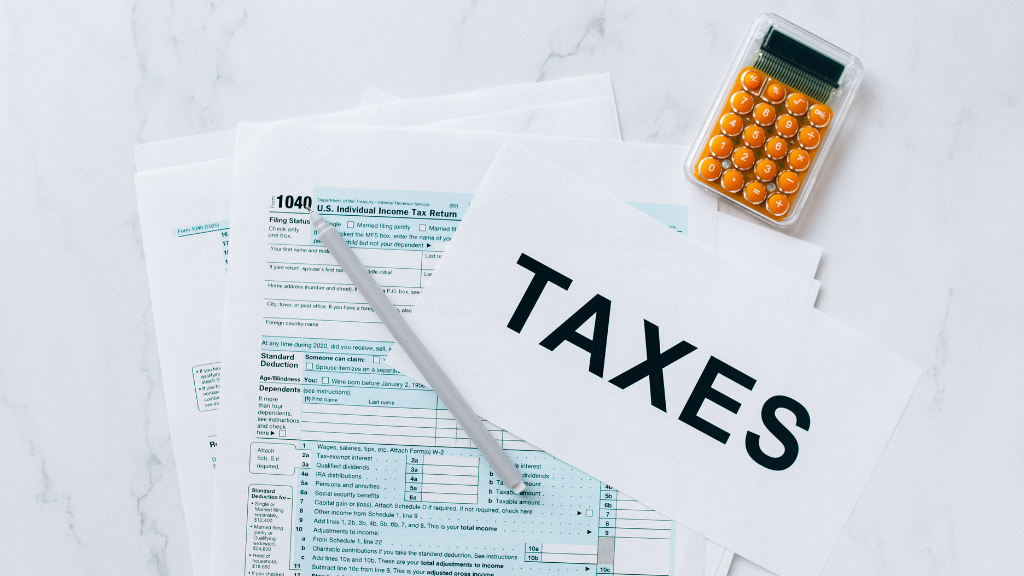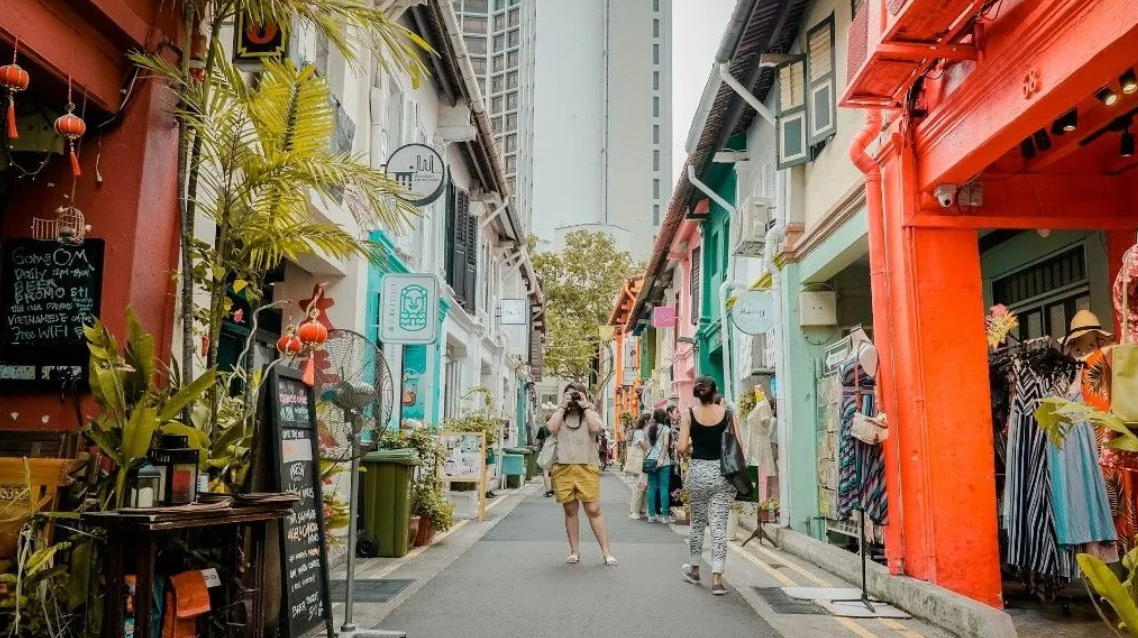

3 Financial Rules for Expats in Singapore to Live By
March 2024
Wherever you’re living, there are certain financial rules expats should follow, especially in Singapore. Ranked as one of the most expensive countries for expats to live in, your expenses will most likely involve housing and rentals, transportation, and tuition fees for your children.
But don’t feel overwhelmed just yet! Our friends from Pacific Prime CXA are here to give you a lowdown on the three essential financial rules for expats in Singapore to follow for financial stability.

1. Research Well Before You Go
Before packing your bags to relocate to Singapore, it’s wise to do as much research as possible on the types of expenses you might incur. The first thing you can do is compare the rates between your local currency and (SGD) Singaporean dollars.
Moreover, expats in Singapore can open a bank account, as Singaporean banks offer accounts for non-residents. The process of opening a bank account takes around a week or less. Listed below are the documents you need to open a bank account in Singapore as an expat:
● A copy of your passport
● Proof of residency in your home country
● Employment or student pass (if you are working or studying in the country)
● Long-term visit, dependent pass, letter of employment, or letter of admission
● Additional documents are required by certain banks
Also, here are some examples of the expected expenses in Singapore, according to Numbeo:
● 1 Liter of Gasoline SGD 2.84 (about USD 2.14)
● Yearly international school tuition fee for one child: SGD 35,832.44 (about USD 26,940.47)
● One-way public transportation ticket SGD 2.00 (about USD 1.50)
● Monthly mobile phone plans with calls and 10GB+ data: SGD 24.30 (about SGD 18.27)

2. Be Realistic About Your Finances
The next financial rule all expats in Singapore should consider is to be realistic about what you can and cannot afford.
In the early stages of your relocation, we recommend you go with housing or vehicle options that are within your budget, as housing and personal vehicle expenses in Singapore can be costly.
We suggest you get the least expensive housing option that can accommodate you and your family for the first few months. Then, you can save up for your desired option as you settle into your new job in Singapore.
Generally, owning a car in Singapore is expensive, so it’s a better idea to utilize public transport, such as the MRT or taxis and motorcycles. These options are generally more convenient and affordable compared to the full cost of owning a car.

3. Understand Your Tax Responsibilities
Another financial rule to keep tabs on while living in Singapore is to know your tax responsibilities. Fortunately, Singapore is a territorial tax country, which means you’re only obligated to pay income tax, as Singapore does not have capital gains or inheritance tax.
What this means is that there is no income tax due on the sale of shares, properties, or intangible assets.
To further elaborate, Singapore has a progressive personal income tax rate that ranges from 0-22% for SGD 320,000 or more for residents, and 15-22% for non-residents. Whereas corporate tax rates in Singapore amount to 17%.
Furthermore, inheritance taxes are only applicable to people who died before February 15th, 2008, according to EDA’s Section 2A. No inheritance tax applies to deaths on or after the said date.

Time to Start Planning Financially
After taking the time to research the expected expenses in Singapore, keeping in mind your financial capabilities, and understanding your tax responsibilities, now is a good time to start making your financial plans, including your savings and potential investments.
Begin by considering what you ultimately want to save for. For example, it could be for your children’s tuition fees, housing, personal vehicles, or retirement. Prioritize what you want to save for, and decide how long it will take to save up.
It’s also wise to set up an emergency fund as an addition to your financial plan, should unexpected cases arise in the future.
Here’s How Pacific Prime CXA Can Help You
As an expat in Singapore, you can make efficient financial plans without a hurdle if you’ve researched the potential expenses, are aware of your financial limits, and know your tax responsibilities.
Nevertheless, there’s always the possibility of illnesses and injuries, which can add expensive medical bills to your financial plans, disrupting your usual expenses, and, in some cases, your emergency funds.
But fret not, Pacific Prime CXA’s team of experts is here to help you find the most suitable health insurance that caters to your budget and your particular healthcare needs, all with impartial expertise and top-quality service.
So contact us for a FREE no-obligation plan comparison.



